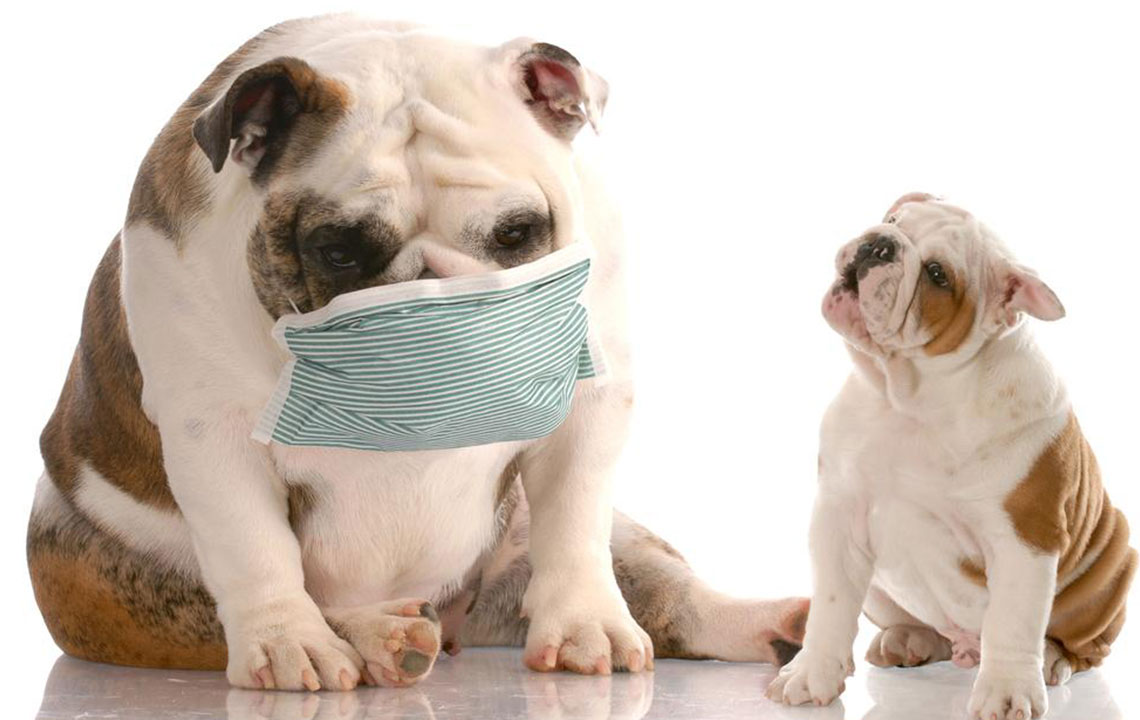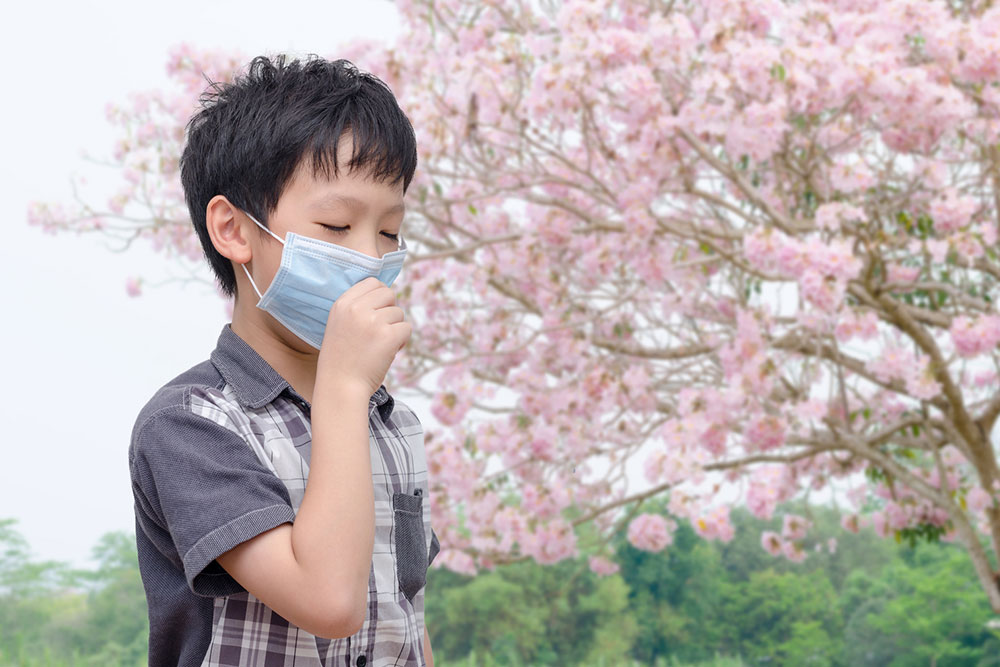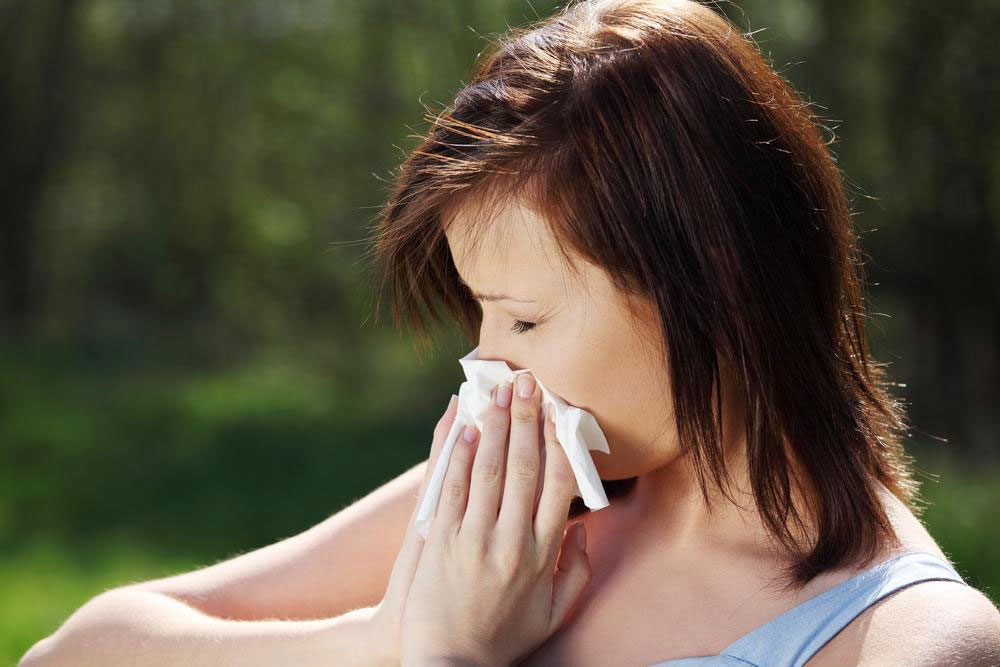Understanding Canine Allergy Symptoms and Management
This article provides a comprehensive overview of dog allergies, including causes, symptoms, diagnosis, treatment options, and preventive measures. It emphasizes early detection and careful management to minimize allergic reactions. Essential suggestions include avoiding direct contact with dogs, using prescribed medications, and consulting healthcare professionals for personalized advice. With proper precautions, allergy sufferers can better manage their symptoms while still enjoying some interactions with dogs under medical supervision. The guide aims to educate pet lovers about allergies and effective treatment strategies.

Understanding Canine Allergy Symptoms and Management
Having a dog is often considered a loyal companion, but allergies to these pets can pose challenges for some individuals.
Dog allergies stem from an immune system response triggered by specific allergens. The body's reaction can mimic responses seen in dust allergies, causing discomfort.
Key factors provoking allergic reactions include:
Dead skin flakes (dander)
Dog saliva
Dog urine
Contrary to common belief, shedding fur is less often the main cause of allergies.
Signs of dog allergy include:
Recognizing allergy symptoms helps in early diagnosis. Symptoms may include:
Runny nose
Persistent sneezing
Facial pressure or pain from nasal congestion
Itchy, red eyes
Watery eyes
Skin rashes or hives
Breathing difficulties, such as tight chest and shortness of breath
Frequent cough
Note: Skin reactions like rashes often occur after direct contact with a dog.
Testing for Dog Allergies
The common skin-prick test involves applying a small amount of allergen on the skin, then gently pricking to allow exposure. Reactions typically appear within 15-20 minutes. Blood tests are also used as an alternative.
Managing Dog Allergy
Treatment options primarily involve medications prescribed by healthcare professionals. If symptoms emerge, consulting a doctor promptly is recommended.
Treatments include:
Antihistamines: Block chemical responses causing allergy symptoms, available as tablets, nasal sprays, or drops.
Decongestants: Reduce nasal swelling and ease congestion.
Nasal Steroids: Inhaled sprays that combat inflammation are often the primary choice.
Precautions for Allergic Individuals
Minimizing contact with dogs significantly reduces allergy risk. Precautions include:
Avoid direct contact with dogs.
Refrain from visiting places with pets.
After unavoidable contact, wash thoroughly at home.
If exposure is likely, consult your doctor beforehand to discuss preventive medication options.










